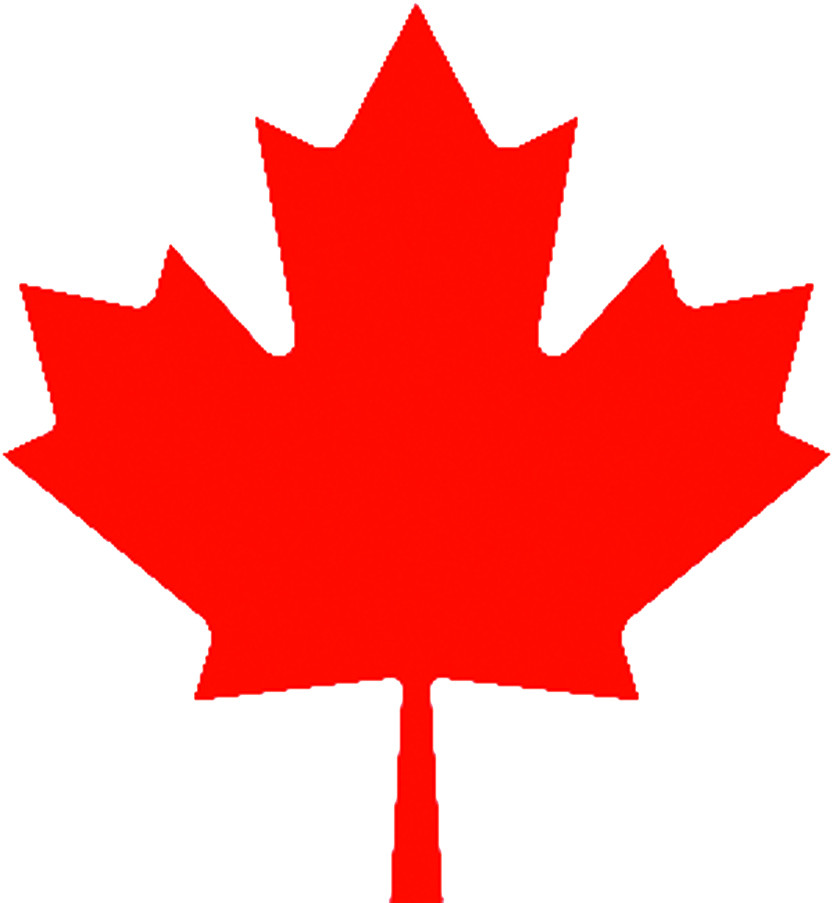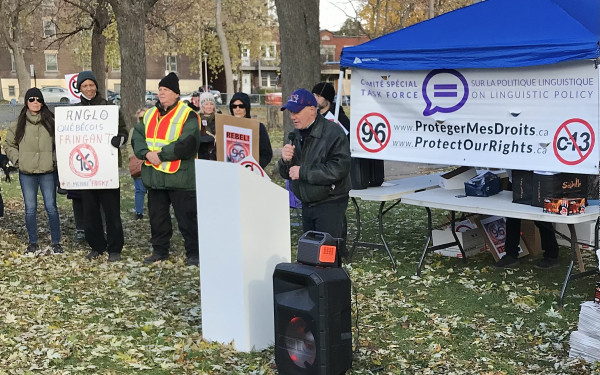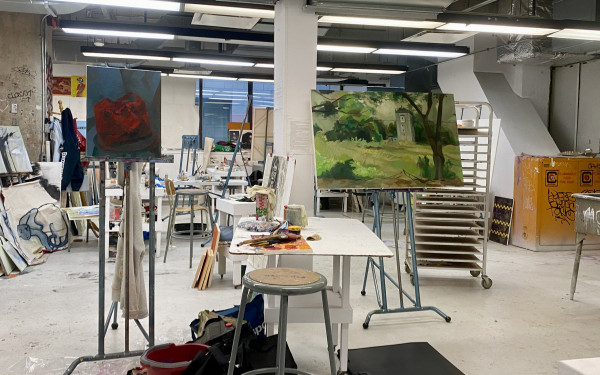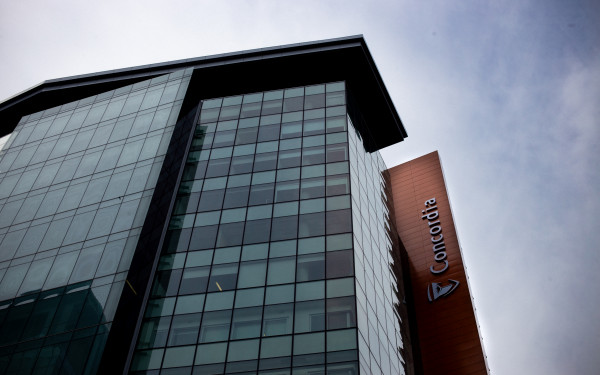Flagged for Removal
Lack of Canadian Flag in Quebec Assembly Prompts Protest
In the lavish Salon Rouge of Quebec’s National Assembly, Pauline Marois and her incoming cabinet were sworn in on Sept. 19 as the new provincial government—with a certain leafy witness conspicuously absent from the occasion.
The Canadian flag had been removed from the room by the Parti Québécois prior to the inauguration, relegated to the less-formal Salon Bleu of the assembly.
A Facebook group calling themselves “Put Canadian Flag Back In Quebec Assembly” was formed in response—but Michael King, the creator of the group, says the 6,700-strong movement has grown into something much more significant since.
“It started with the flag removal, but right now, it seems to be growing into a movement where people can actually express their opinion,” said King.
Out of the emerging movement came calls for protest—not just against the removing of the Canadian flag, but on a larger scale, against a widespread sense of chronic mistreatment of anglophones in Quebec.
A rally has been set for Nov. 4, to be held in Montreal at Place du Canada. Nearly 850 are already planning to attend, according to the event’s Facebook page.
A separatist group based in Montreal known as the Réseau de Résistance du Québécois has already shown interest in disrupting the event, King said.
Representatives from the RRQ did not respond to The Link’s requests for comment.
According to King, removing the flag was symbolic; it promotes Quebec separatism and French culture at the expense of anglo Quebec citizens.
“It is a symbolic gesture,” he said.
“I don’t think anybody was really as upset that the flag was removed, [but the government did so] knowing it would be a slap in the face to everybody. I felt at the time kind of upset about it, because I felt—with every thing else going on—doing something like that just further ignited the situation,” he added.
Though the lead-up to the provincial election included language-rights debates, the conflict heightened on election night when a security guard was killed at the victory party for Premier Marois. While being escorted out, the gunman was quoted as shouting in French, “the anglos are awakening.”
Less than three weeks later, the fleur-de-lys had replaced the maple leaf in the Salon Rouge of the Assembly, where it had stood before—the last time the PQ was in power between 1994 and 2003.
When the Liberals took office in 2003, the maple leaf returned to the Salon Rouge to be on display for all committee hearings.
“Who’s to say that we should not do something?” King asked. “Why do we have to say, ‘Oh, it’s happened before, so we should accept it?’”
According to Beryl Wajsman, Editor-in-Chief of The Suburban and proponent of anglophone rights, the flag in play changes depending on the winning team’s ideology.
“We are seeing a federalist, free-market view facing a nationalist, centrally powered government,” said Wajsman, who will be speaking at the rally on Sunday.
Nationalist perspectives, he explained, are exclusive. In a province like Quebec, it becomes hard for the anglophone minority to be heard over the french majority.
But francophones are upset too, King argued.
“This is directly affecting them. They are the ones that are not able to send their children to an English school,” he said. “This is affecting the francophones more than anybody else.”
The majority of group members may be anglophone, but many francophone and allophone Quebecers are a part of the “Put Canadian Flag Back In Quebec Assembly” movement as well, King said.
Though King knows firsthand the divisive nature of language and cultural barriers, calls for compassion and understanding can always be heard over the noise.
“It’s very simple, I don’t want to complicate things,” he said firmly.
“This is a rally for freedom of choice and expression in Quebec, and it’s uniting all Quebecers against discrimination and—what’s starting to become—segregation.”







